DEFINITION of ‘Political Futures’
Political futures are contracts that speculate on the outcome of a political election or other political event. Like other prediction markets, political futures markets, by harnessing the Wisdom of Crowds, can be effective forecasting tools. However, even though they function much like commodities exchange markets, they are considered to be illegal gambling in the United States.
BREAKING DOWN ‘Political Futures’
Political futures prices act as a forecast of the outcome of an election – though they often get the forecast wrong. Prediction market contracts are binary options, with winning contracts expiring at 100% and losing contracts expiring at 0%. The riskier the bet, the higher the payoff. For example, if the market is pricing in a 10% chance of a candidate winning the election, then a speculator betting on that candidate would make a 1000% profit if they won.
In the U.S., where ‘gambling’ on elections is still outlawed, the only U.S.-based political futures market that receives cash bets is the Iowa Electronic Markets (IEM), which is operated by the University of Iowa for research purposes. After starting as a teaching aid in 1988, it received an exemption from the Commodity Futures Trading Commission in 1993, as long as it operates under certain stipulations — that it exists for academic purposes, does not engage in advertising, and administrators do not profit from it. Traders on the IEM can buy and sell real-money contracts up to $500 based on their beliefs about the outcome of the presidential election or mid-term election. There is a market for Congressional control, based on the composition of both houses of Congress and separate markets for House and Senate control.
Prediction Markets & Blockchain
Online prediction markets, where people can speculate on events such as exchange averages, election results, commodity prices, quarterly corporate financial results or the weather have been growing in number around the world, and could potentially compete with existing regulated exchanges. As a result, speculators can go jurisdiction shopping. PredictIt, for example, is a prediction market operated by the University of Wellington in Victoria Australia, under similar terms to the IEM.
Augur, for example, is an open source decentralized prediction market founded in 2014. Built around Ethereum blockchain, it allows participants to create, predict and speculate on derivatives linked to the outcome of specific events – cutting out third-parties. In addition to political forecasting, Augur can be used to hedge against events such as market crashes and geopolitical upheaval. Questions about the legality of such markets, and how they should be regulated, still have to be resolved in the U.S. and elsewhere.

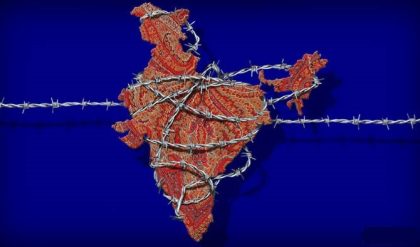
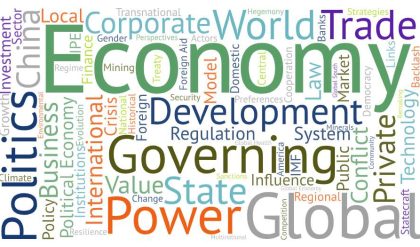
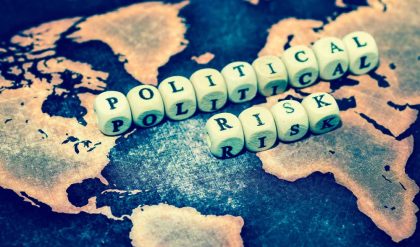
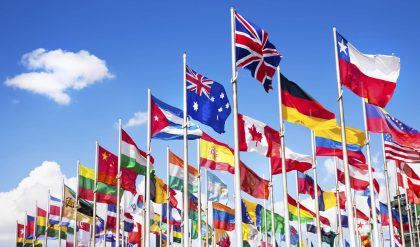
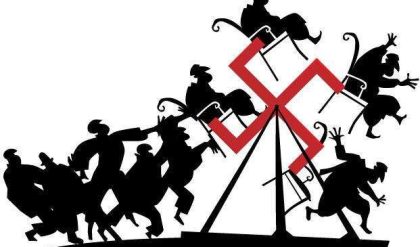
Comments are closed.